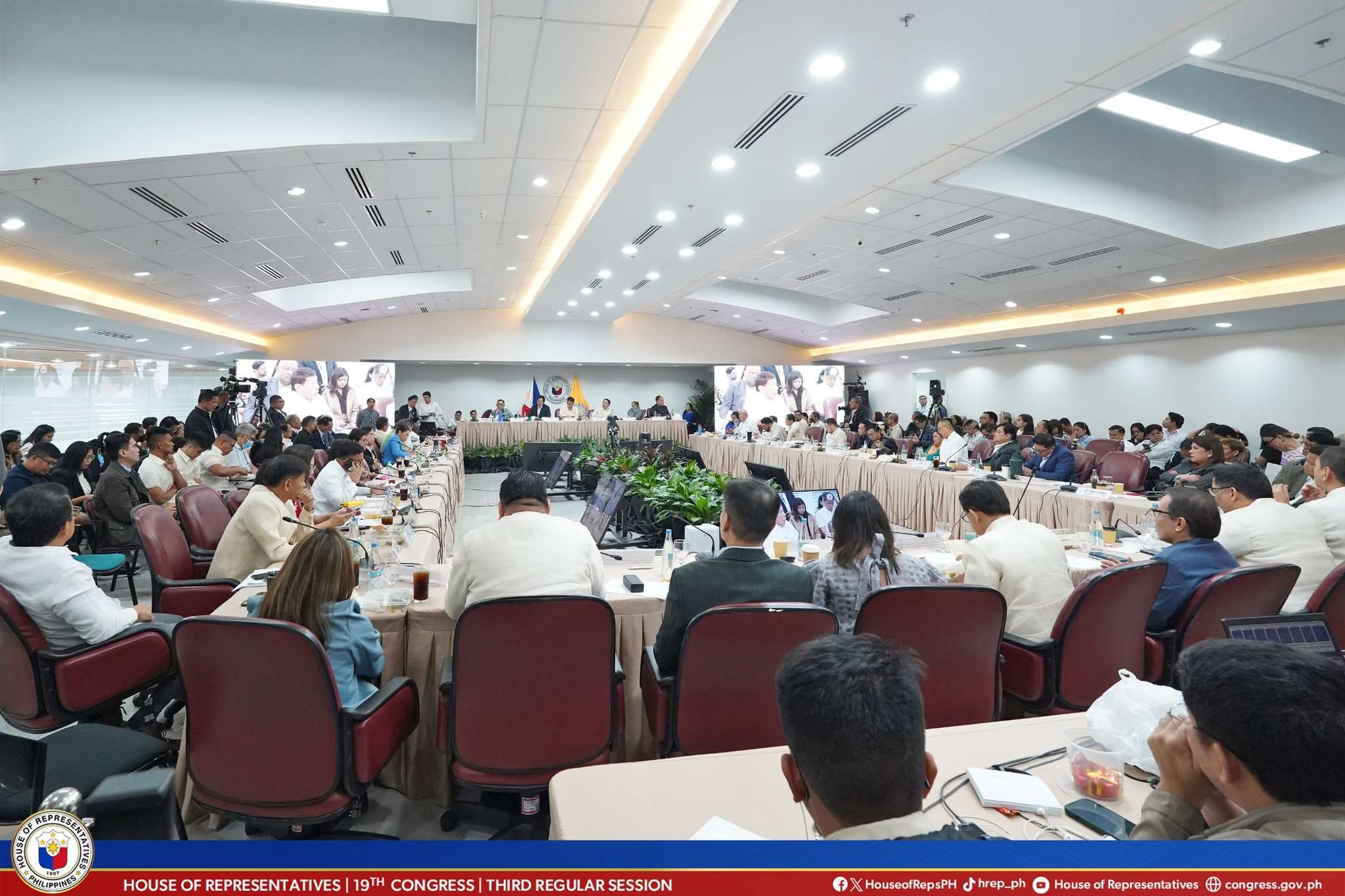Many are curious about the implications of former President Duterte’s admission to killing suspected drug offenders. The Quad Committee, however, cannot pass judgment. So, what is the purpose of these hearings? Will the findings from these hearings be admissible in a court of law?
The findings from congressional hearings hold significant potential for impacting legal court proceedings, provided certain conditions are met. Here’s an overview of how this process works:
1. Evidence Admissibility: Evidence obtained during a congressional hearing can be powerful in court, as long as it adheres to the legal standards of relevance, reliability, and lawful acquisition. This demonstrates the importance of robust parliamentary investigations.
2. Subpoenaed Testimony: Testimony delivered under subpoena in a congressional hearing carries substantial weight since it is given under oath, subject to the legal ramifications of perjury. This ensures accountability and reinforces the integrity of public testimony.
3. Referrals to the Justice Department: When a congressional hearing reveals potential criminal activity, Congress has the authority to refer these findings to the Department of Justice for further investigation and possible prosecution. This mechanism ensures that serious issues are addressed and that relevant evidence from the hearing can be utilized in criminal trials.
4. Civil Cases: Additionally, findings from congressional hearings can play a vital role in civil lawsuits, strengthening claims or defenses. The significance of this evidence will be evaluated based on the unique circumstances of each case. While congressional hearings provide invaluable insights, they are not formal legal proceedings. The courtroom operates under stricter rules of evidence and procedure, which means the determination of admissibility and weight of such evidence ultimately rests with the judge. This underscores the essential role congressional hearings play in the broader justice system.















